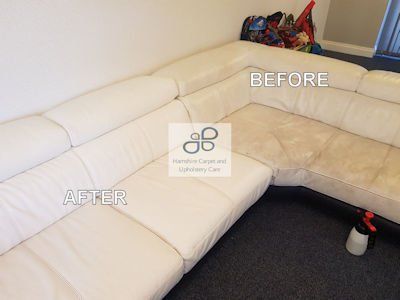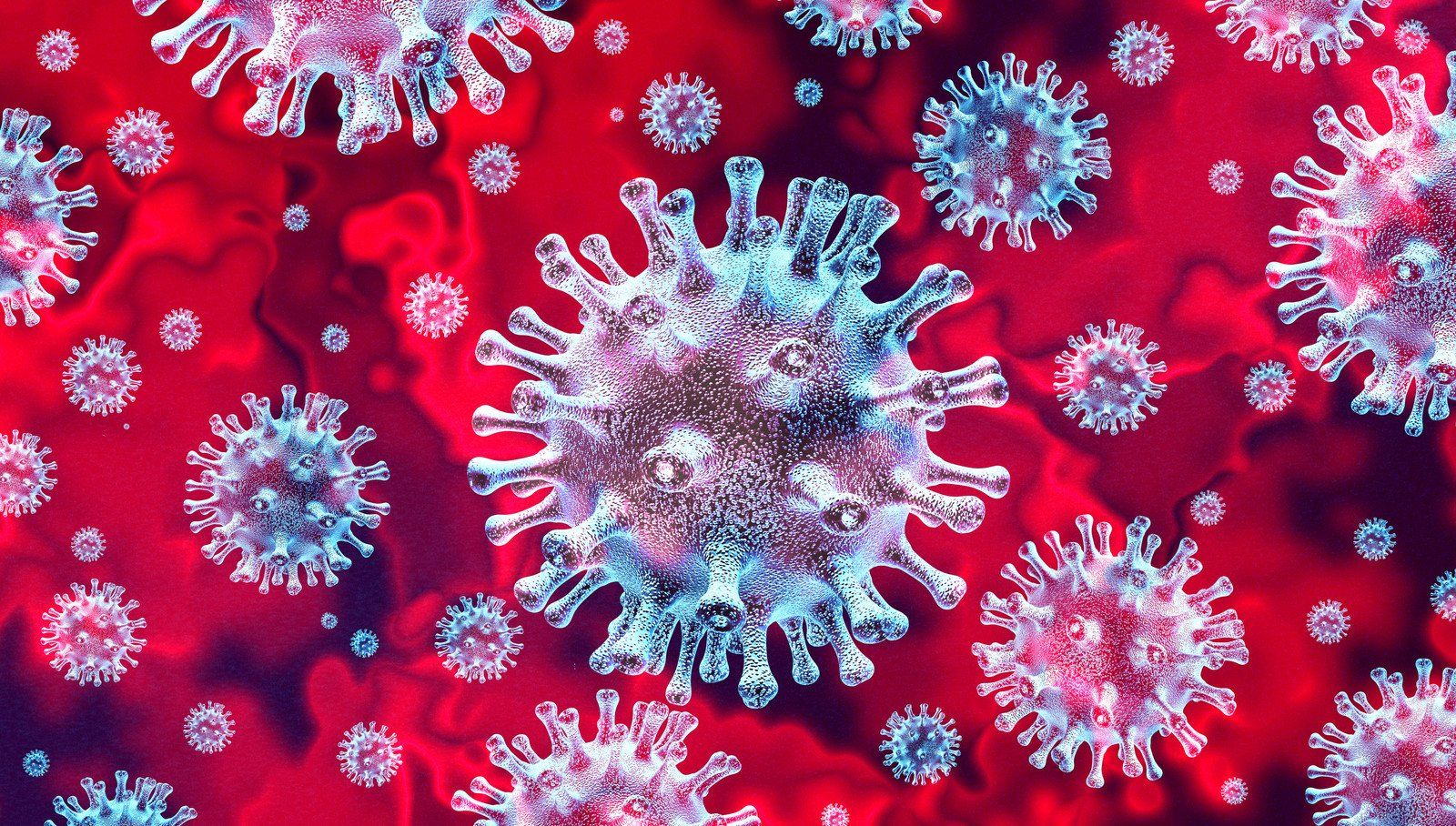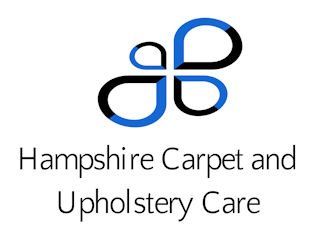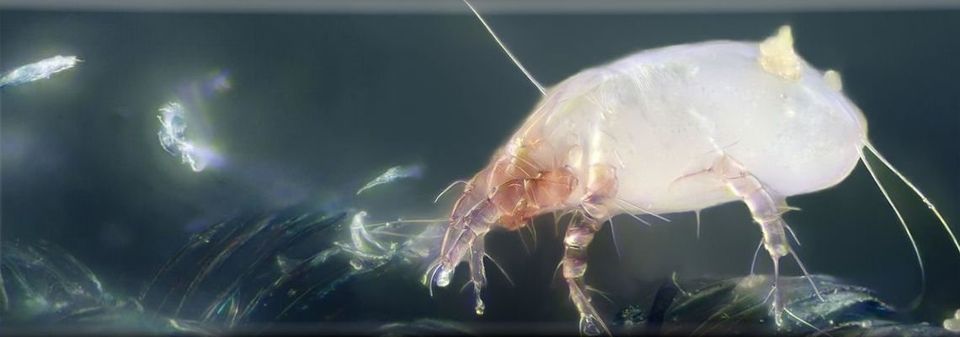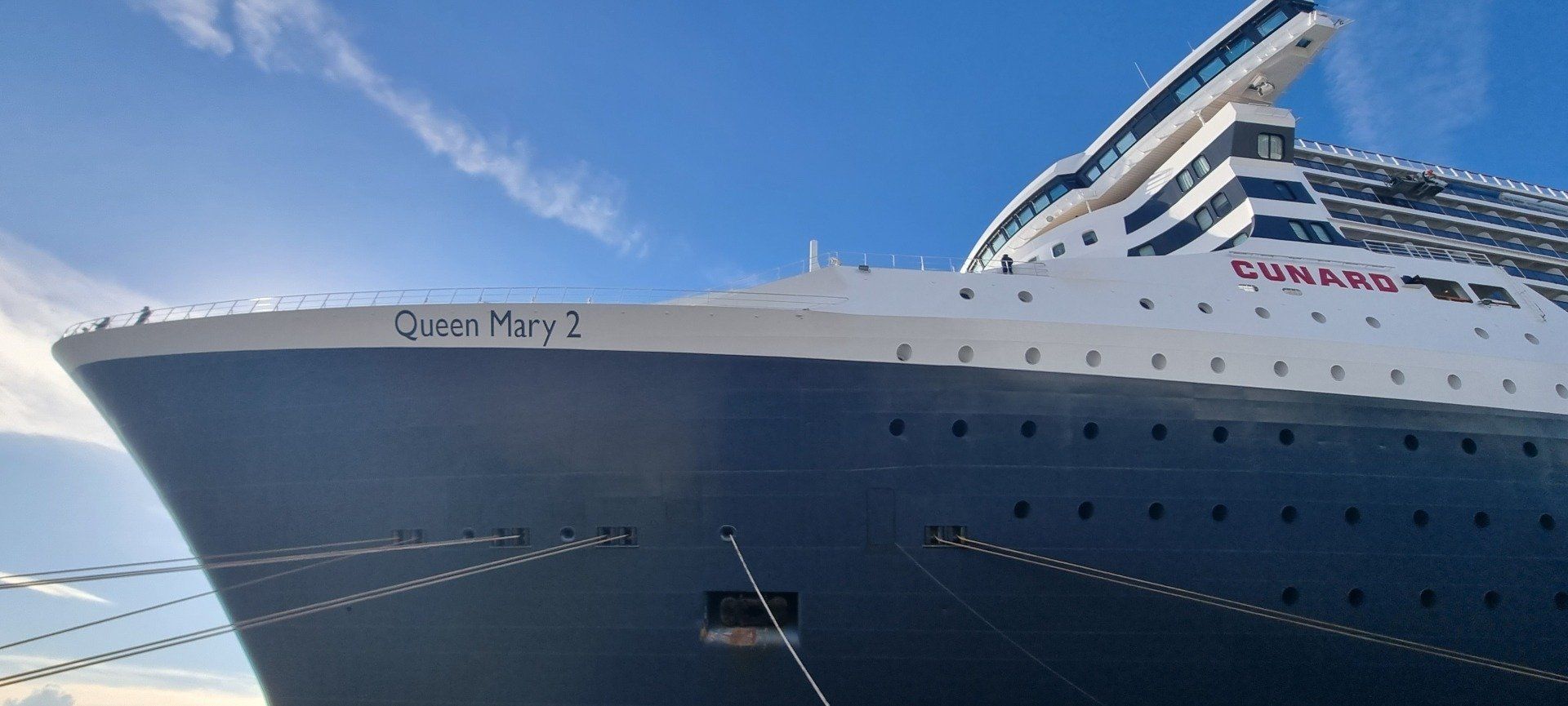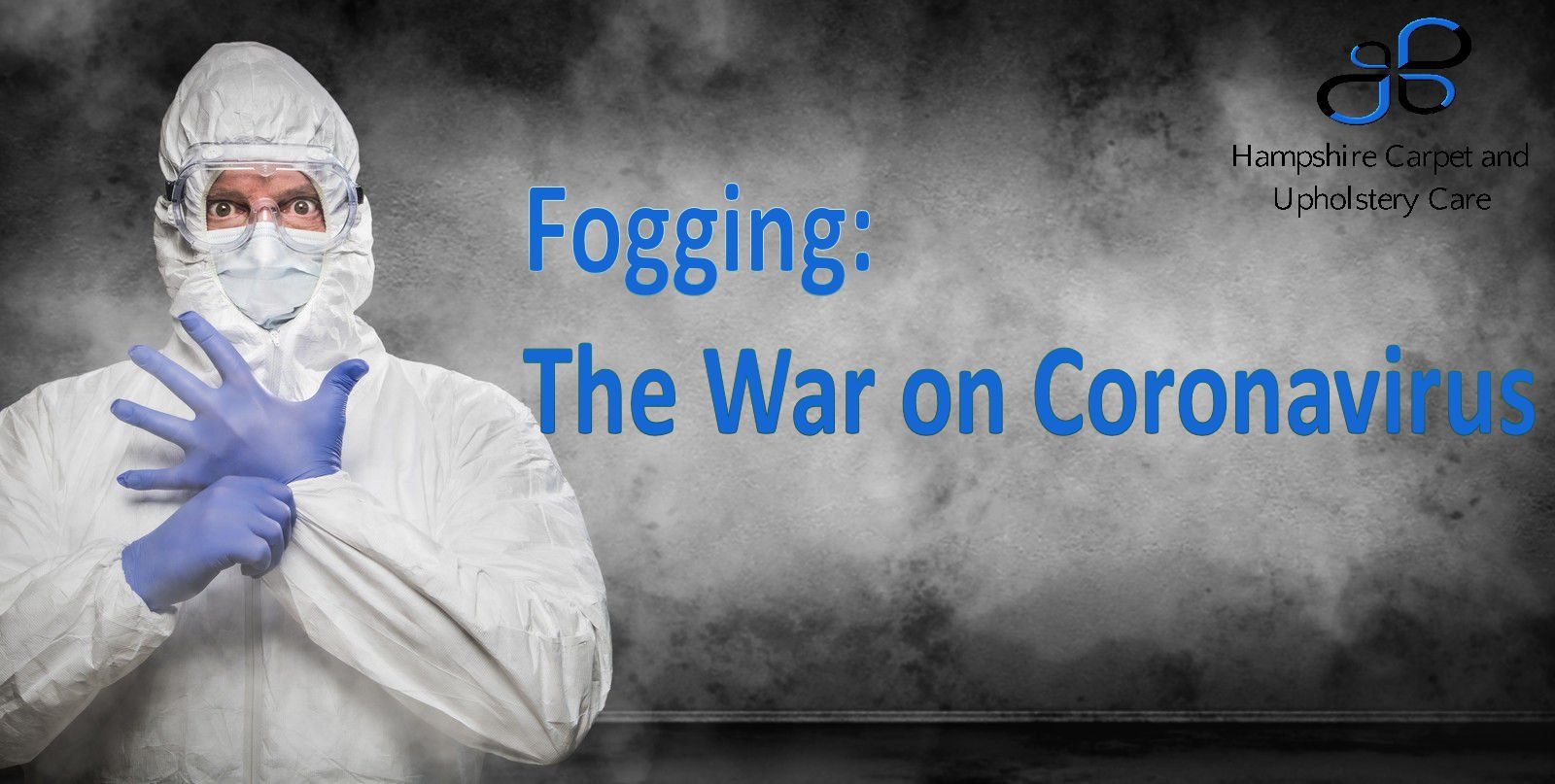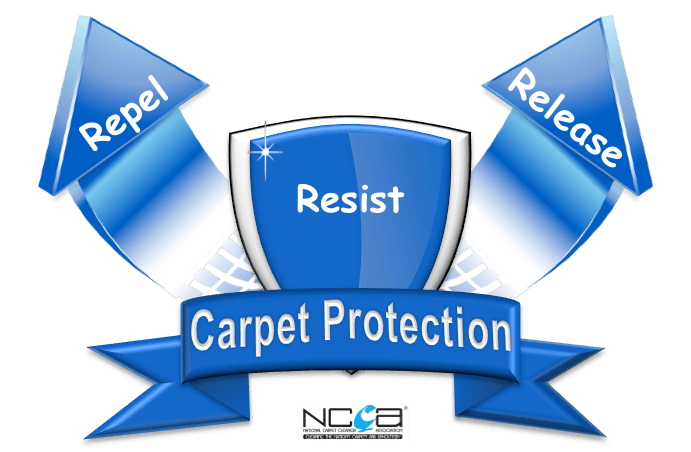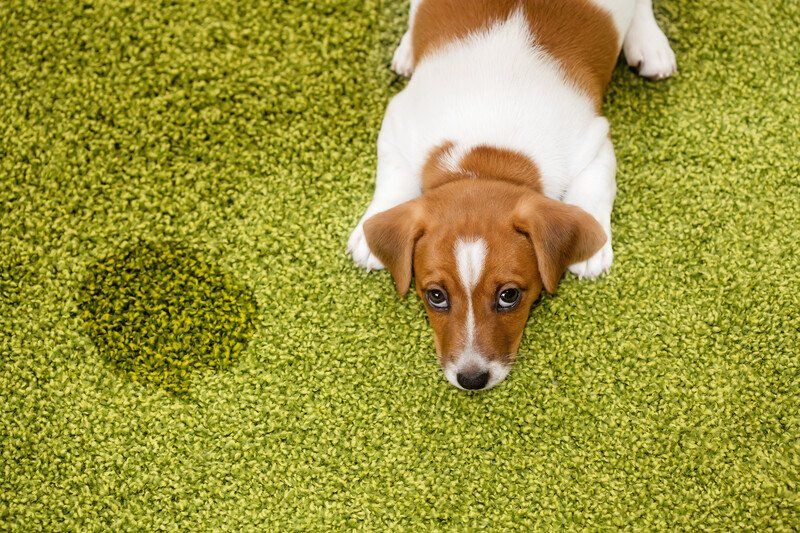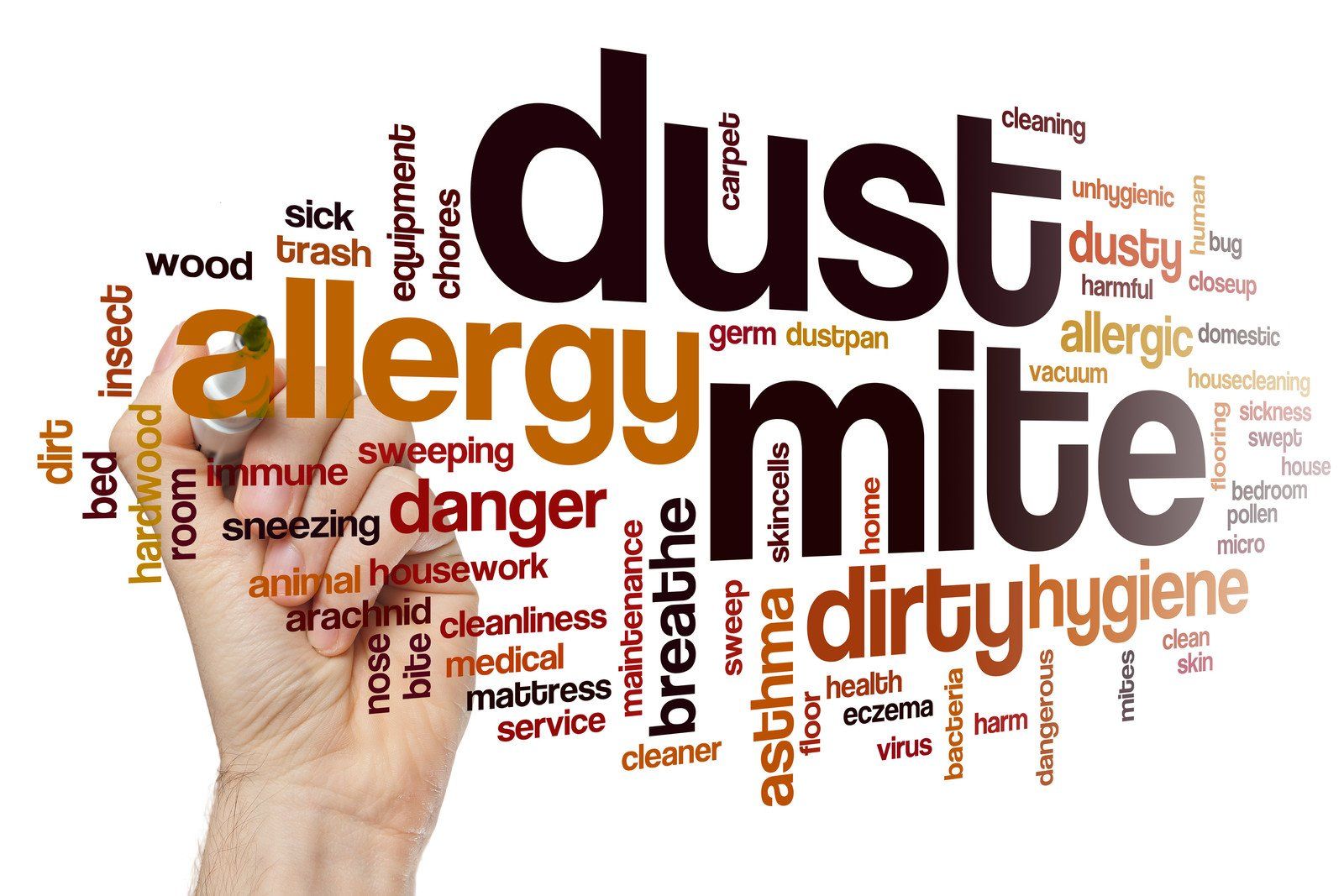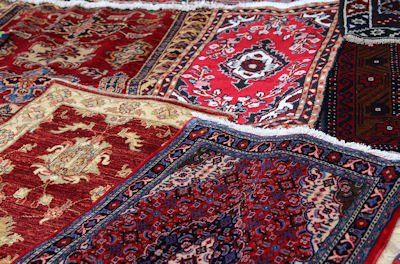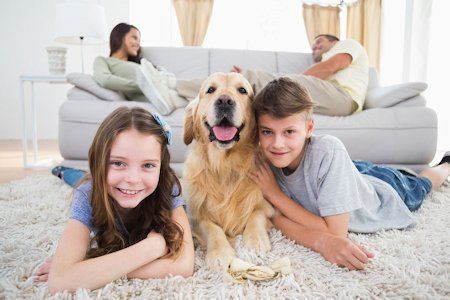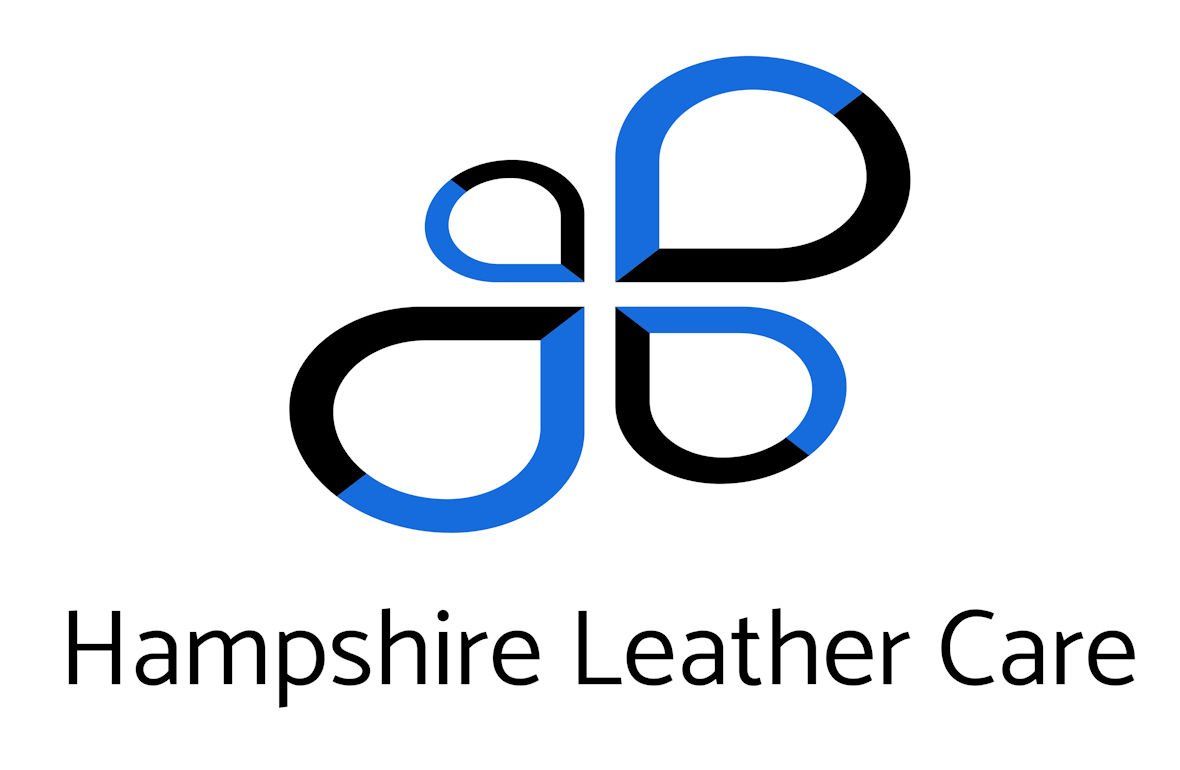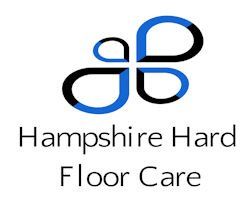by Richard Lee-Costello
•
11 March 2020
Wash your hands often: Until your hands are washed it is important to try not to touch any part of your face Using soap, wash your hands for at least 20 seconds, if you are unable to wash your hands use a hand sanitiser which contains at least 60% alcohol covering whole of hand and rub together until dry. You should do this as soon as you can after sneezing, blowing your nose, coughing and being in a public place. Cover coughs and sneezes: Cover your mouth and nose with a tissue when you cough or sneeze or use the inside of your elbow. Throw used tissues in the bin and wash hands as above. Avoid close contact Avoid close contact with people who are sick Put distance between yourself and other people if COVID-19 is spreading in your community. This is especially important for people who are at higher risk of getting very sick. Stay home if you’re sick: Stay at home if you have coronavirus symptoms Stay at home for 7 days if you have either: a high temperature – you feel hot to touch on your chest or back a new, continuous cough – this means you've started coughing repeatedly Do not go to a GP surgery, pharmacy or hospital. You do not need to contact 111 to tell them you're staying at home. Testing for coronavirus is not needed if you're staying at home. Clean and disinfect: Clean AND disinfect frequently touched surfaces daily. This includes tables, doorknobs, light switches, countertops, handles, desks, phones, keyboards, toilets and sinks. If surfaces are dirty, clean them: Use detergent or soap and water prior to disinfection. More info can be found at: https://www.nhs.uk/conditions/coronavirus-covid-19/common-questions/ How to clean and disinfect your home / workplace: According to www.cdc.gov you should use disinfectants appropriate for the surface. Options include: Diluting your household bleach. To make a bleach solution, mix: 5 tablespoons (1/3rd cup) bleach per gallon of water OR 4 teaspoons bleach per quart of water Follow manufacturer’s instructions for application and proper ventilation. Check to ensure the product is not past its expiration date. Never mix household bleach with ammonia or any other cleanser. Unexpired household bleach will be effective against coronaviruses when properly diluted. Alternatively use Alcohol solutions e nsuring solution has at least 70% alcohol. The problem with using bleach is you cannot use it on most carpets and upholstery for example, also it is corrosive against certain surfaces, can cause respiratory problems of its own, only has a kill log of 5 and is not that residual. Hampshire Carpet and Upholstery Care offer a Sanitising Service inc. Coronavirus /Covid-19 Deep Clean in Southampton, Winchester, Fareham, Eastleigh, Portsmouth and all surrounding areas . Our Deep Clean / Sanitising service is recommended for prevention in residential and commercial properties. The product we use lasts! This is the jewel in the crown, patented technology allows for extended kill capacity weeks, months years! Our treatment is tolerant of soil, hard water, etc, is non-toxic and non-corrosive meaning it is safe to use anywhere. Heat, Sunlight or Travel distress has no effect on the product. You can protect your whole home, just one room if you have a baby etc. Whilst there is no proven kill for covid-19 as sample strands are all being used in the search for a vaccine, an Antimicrobial with a kill log-6 is being used by professionals to sanitise infected areas as this is what is expected to be able to kill the virus. Where bleach only has a kill log-5 (https://www.cdc.gov/infectioncontrol/guidelines/disinfection/disinfection-methods/chemical.html) , our treatment falls into the kill log-6 spectrum which is effective for political micro control of A/H1N1 swine flu , Mycobaclerium, Tuberculosis, MRSA, Medical Waste Treatment, Feline Calicivirus (Human Norovirus surrogate), Feline Coronavirus (SARA surrogate), enveloped and non-enveloped virus, HIV and C.difficile, Paeruginosa, E.coli, S.aureus, Enterococcus hirae, Bacillus suttilis, C.difficile, Aspergillus niger, Listeria, Salmonella, Legionella pneumophila. Our 429 service can be delivered by fogging which is a cloud of liquid in air. The droplets of atomised liquid in the airborne fog are very small, for this reason they can penetrate deep into structures and surfaces having improved performance of the product enhancing the outcome of the task. What the IICRC Say 'Regardless of what chemicals may be able to destroy the Novel Coronavirus, most efficacy tests are done in clinical environments and not tested “in field” meaning that the real world application and efficacy may not achieve the same results. As such, it is critical to remember that most antimicrobial products (disinfectants) are not going to achieve the desired results when applied to soiled surfaces, soft furnishings, etc. Even surfaces that appear visibly clean must be cleaned thoroughly prior to application of chemicals. The fact is that proper cleaning of surfaces is much like washing of hands and offers more protection than application of hand sanitiser as it actually removes the contamination rather than trying to “kill” or destroy it.'
